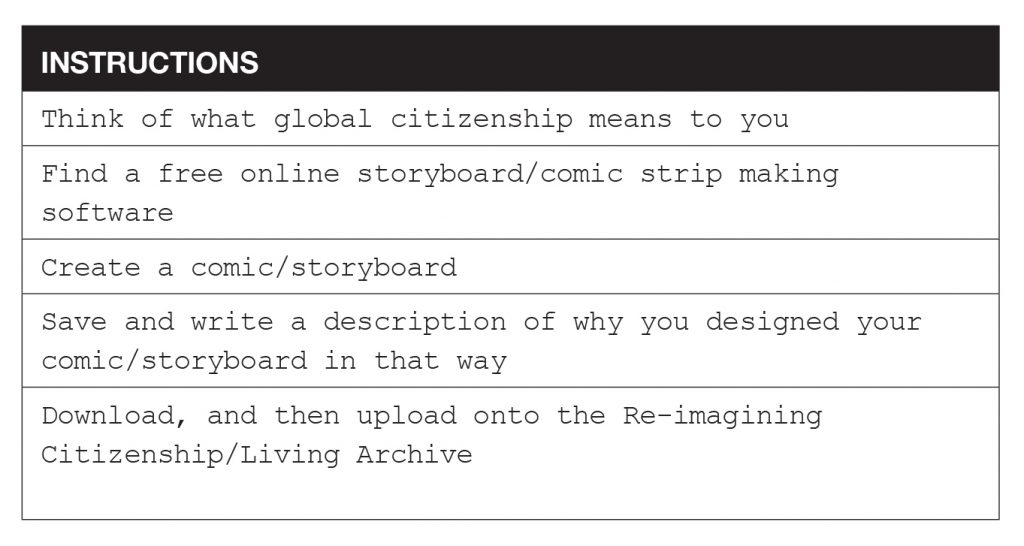GLOBAL CITIZENSHIP LOOKS AT HOW WE TRANSCEND NATION STATES TO THINK OF THE RIGHTS AND RESPONSIBILITIES OF BEING A MEMBER OF THE WORLD. HOWEVER, WHAT GLOBAL CITIZENSHIP MEANS IN PRACTICE IS DIFFICULT TO DEFINE.
British Prime Minister Theresa May famously articulated that: ‘If you believe you’re a citizen of the world, you’re a citizen of nowhere. You don’t understand what the very word ‘citizenship’ means.’ Citizenship can be thought of as the relationship between an individual and a polity. However, this polity operates on different scales: the local, regional, national and global. Some think citizenship can only operate on some of these scales and others that these scales compete: Theresa May’s view is that being a global citizen is meaningless. This begs interesting questions:
What are practices of global citizenship? What makes a practice of global citizenship different from that of more localised forms of citizenship?
What do we imagine global to mean? How can we connect to the ‘global’ when practising forms of citizenship?
How can we reconcile our local, regional and national citizenships with the global?
Global citizen Cranston
Sophie Cranston is a Lecturer in Human Geography with research interests in privileged migration and youth migration which is bridged through an exploration in global identities. This interest derives from confusion of her own identity: born in Luxembourg, brought up in Scotland but with British and German citizenships. She also researches and teaches on themes of social justice which means she thinks about how to challenge injustices in global societies. Global citizenship is perhaps the answer for her identity, but she is still thinking through what this means in practice.
